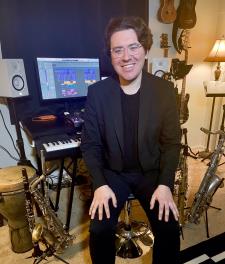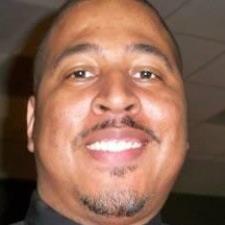
Carlos M. answered • 06/13/20
Music Theory/Composing, Production, Saxophone - Adjunct Professor
Yes! You have some great points here, very well studied. Strings often sound best in keys which use their open strings allowing for a more vibrant sound (more overtones), and easier fingering throughout the instrument. This lends itself to sharp keys like you mentioned G, D, A, E. Flat keys often don’t ring as well on the instrument since there will be more be tension on the strings in these keys. I am definitely a fan of the key of C# or Db as well but it’s just not a great key for strings. I would also add that strings often sound much darker and lyrical than other instruments such as brass and woodwinds. Keys which are brighter such as D and A, actually might sound a bit darker with a string quartet. Strings often ring much richer in more spread voicings or even 2-part harmony in 3rd or 6ths (more overtones fill the empty spaces) compared to horns who played much closer and full voicings.




